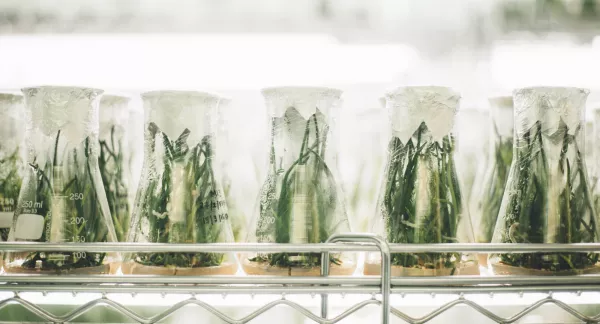Add-on to NSF proposal: Determining the Role of Organic Matter Quality on PFAS Leaching from Sewage Sludge and Biosolids
Abstract
Wastewater contains per- and polyfluoroalkyl substances (PFAS) due to the use of PFAS compounds in a wide range of consumer products and industrial processes. Following primary treatment, wastewater can be treated via many different types of biological processes (e.g., activated sludge, trickling filter) at water resource recovery facilities (WRRFs). The project team evaluated PFAS’s fate and transport in secondary sludges and biosolids from multiple treatment processes to determine PFAS sorption and degradation, and they determined which factors have the greatest effect on PFAS sorption capacity. Finally, the team evaluated the role that the decomposition of biosolids (i.e., weathering)—which happens to land applied biosolids due to environmental weathering processes—plays on PFAS partitioning to and leaching from biosolids.
The overarching objective of this project was to understand how solid characteristics and water quality affect PFAS portioning to sewage solids. This research will help inform the current understanding of PFAS fate and transport during wastewater management and during release to the environment associated with land application of biosolids. Published in 2023.
This work was also supported by the National Science Foundation.



